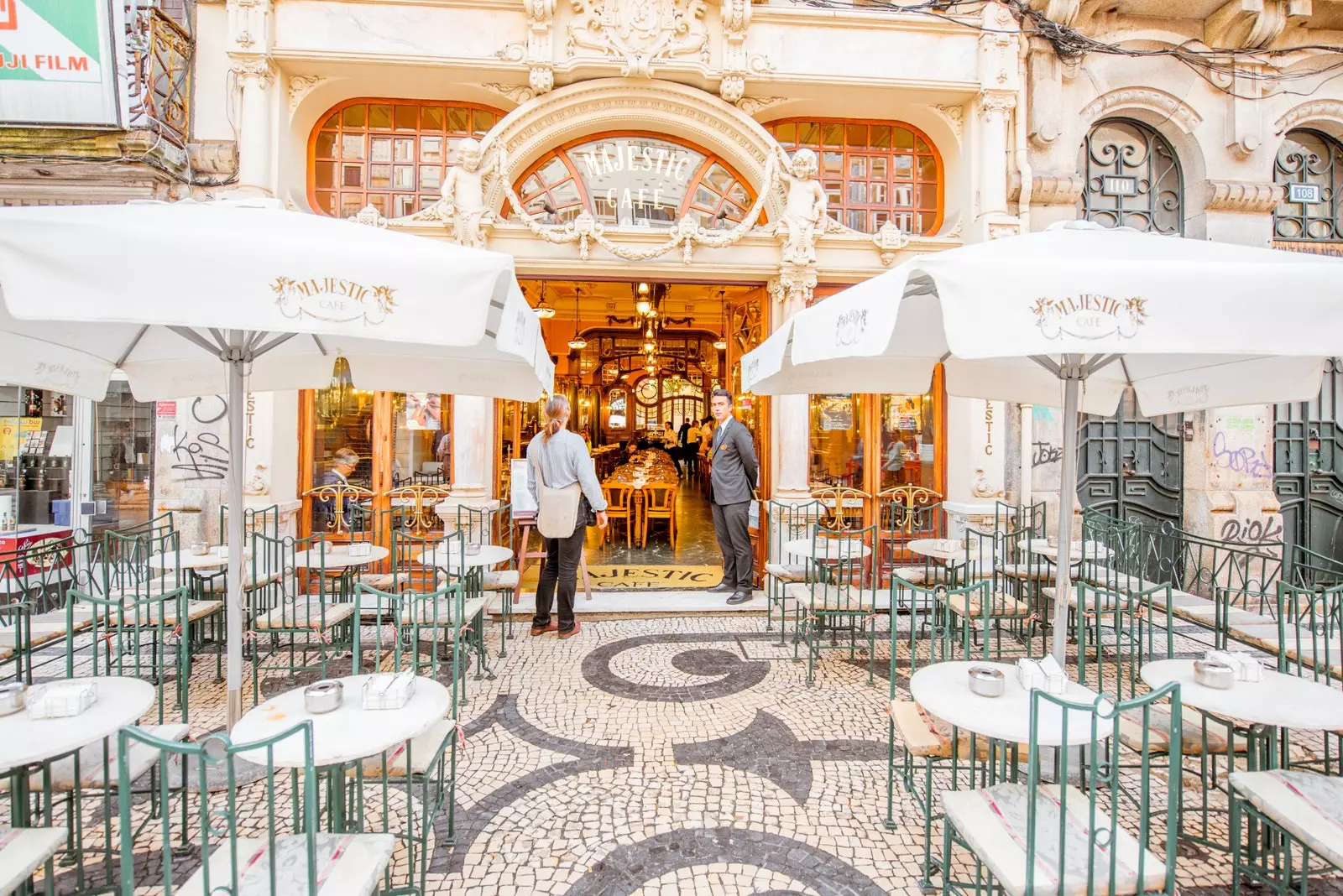
Goodbye to the Majestic Cafe?
The Majestic Cafe It is much more than an old school cafe. It is one of the emblems of the city of Porto and probably one of the last examples of those historic cafes that at some point populated European cities and of which today, unfortunately, there are hardly any representative samples left.
I speak of him in the present tense because, although in many cases that “ indefinitely ” has proven more permanent than we would have liked, I am reluctant to think that the Majestic could be one more victim of this crisis.
And yet I write with the fear that maybe it is . One more, one of many in a list that is slowly but inexorably lengthening in a trickle that we don't know when it will end.
I resist, as most of us who have passed through that city resist, because Porto would no longer be the same without the Majestic . And because that Europe that after the first Great War I went out to celebrate life in cafes and shows -as we will do, neither more nor less- would have disappeared a little more.
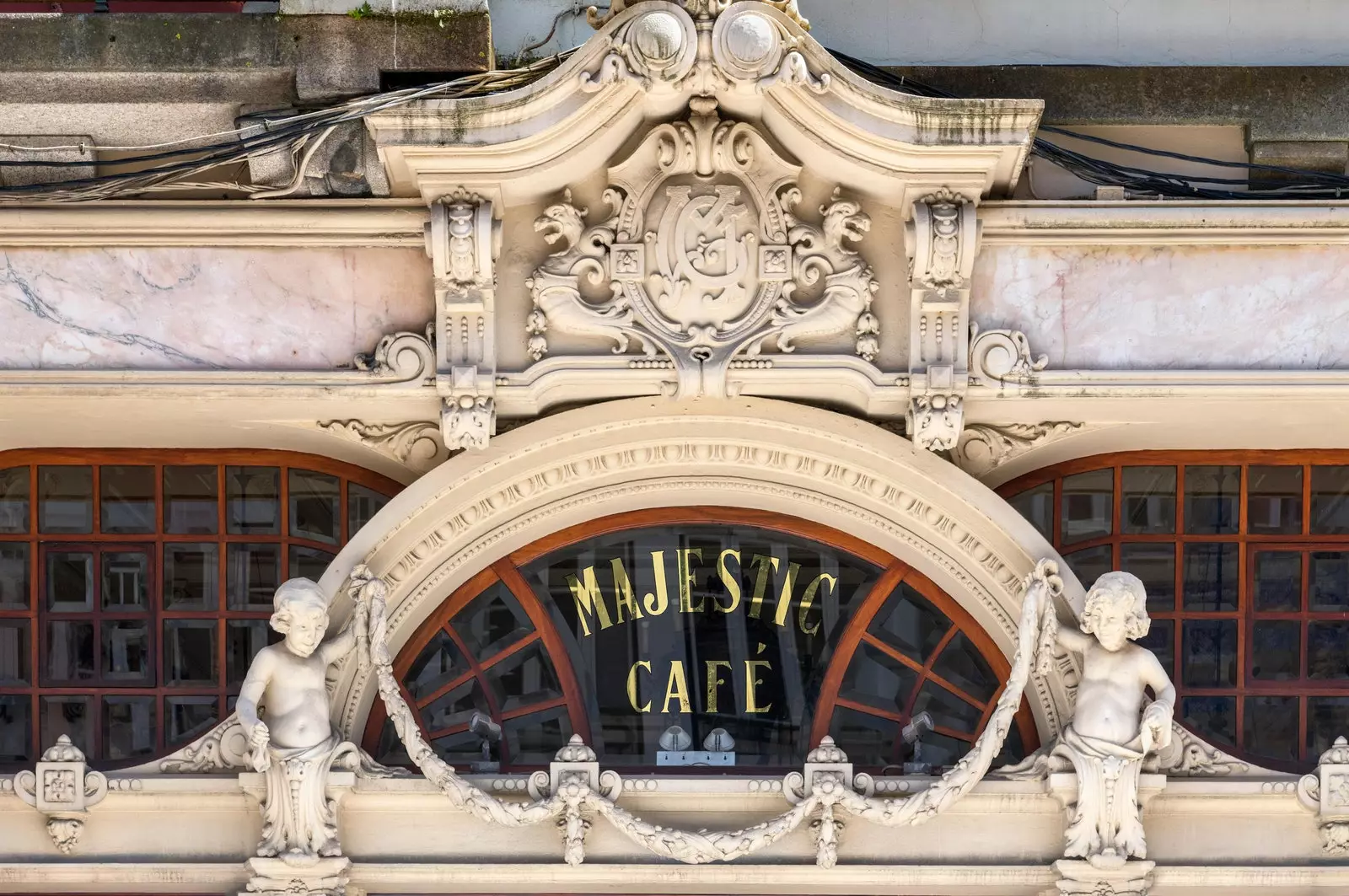
Porto would not be the same without the Majestic Café
Although, in part, it had already disappeared and this closure would be nothing more than a symptom of the end of an era . that coffee, opened in 1921 and that in these almost one hundred years it never closed its doors, lower the blind . And it is not by chance that it does now.
The historic cafes that once hosted literary gatherings, concerts, poetry recitals or debates have disappeared or, if they have managed to survive, They have become just another souvenir , a place with an offer conceived for tourists and that It only makes sense as long as there are tourists.
No one could have imagined it, but it has happened: tourism has suddenly stopped dead . And the cataclysm has consequences that we probably hadn't even thought about. Cities, neighborhoods or businesses that had turned to mass tourism , sometimes leaving aside the local public, are the ones who suffer the most from the consequences.
The historic cafe of Porto, a city with such a personal character that one never tires of returning , has not been able to free himself. The city, with just over a million residents in its metropolitan area, receives more tourists per inhabitant than London or Barcelona and is among the 15 in the world with a higher density of visitors.
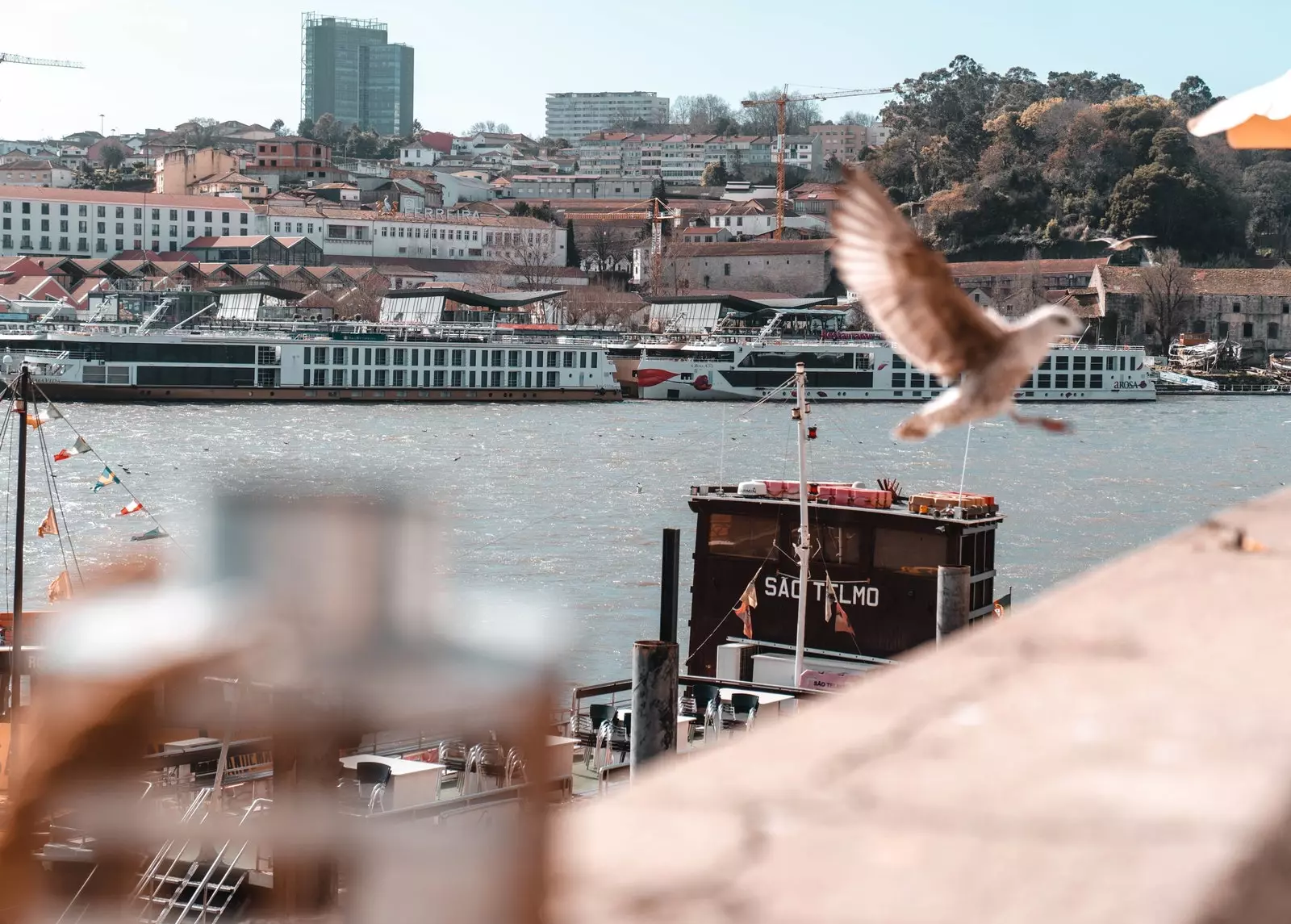
Porto's 'ribeira' looking towards Vila Nova de Gaia
The numbers dance depending on the source, but there is talk of almost 10 million overnight stays a year, 12 million passengers using its airport and tourism growth of over 10% per year , greater than that of any other destination in the Iberian Peninsula.
all this in one city with just over a million inhabitants in the area, but less than 300,000 in the municipality.
The arrival of visitors, which was the solution to so many problems, has been becoming, from some point of view, in one more problem, although its contribution to the rehabilitation of deteriorated areas , the growth of the average income of the inhabitants and the appearance of commercial areas and tourist infrastructures were, without a doubt, an advantage.
Porto suddenly had the best connected airport in the northwest of the peninsula. and meter . The large hotel chains opened premises throughout the city, small charming accommodations appeared and its gastronomic scene, not so long ago far behind that of Lisbon, rose like foam multiplying the number of premises recognized with one or two stars (category in which managed to tie with the capital).
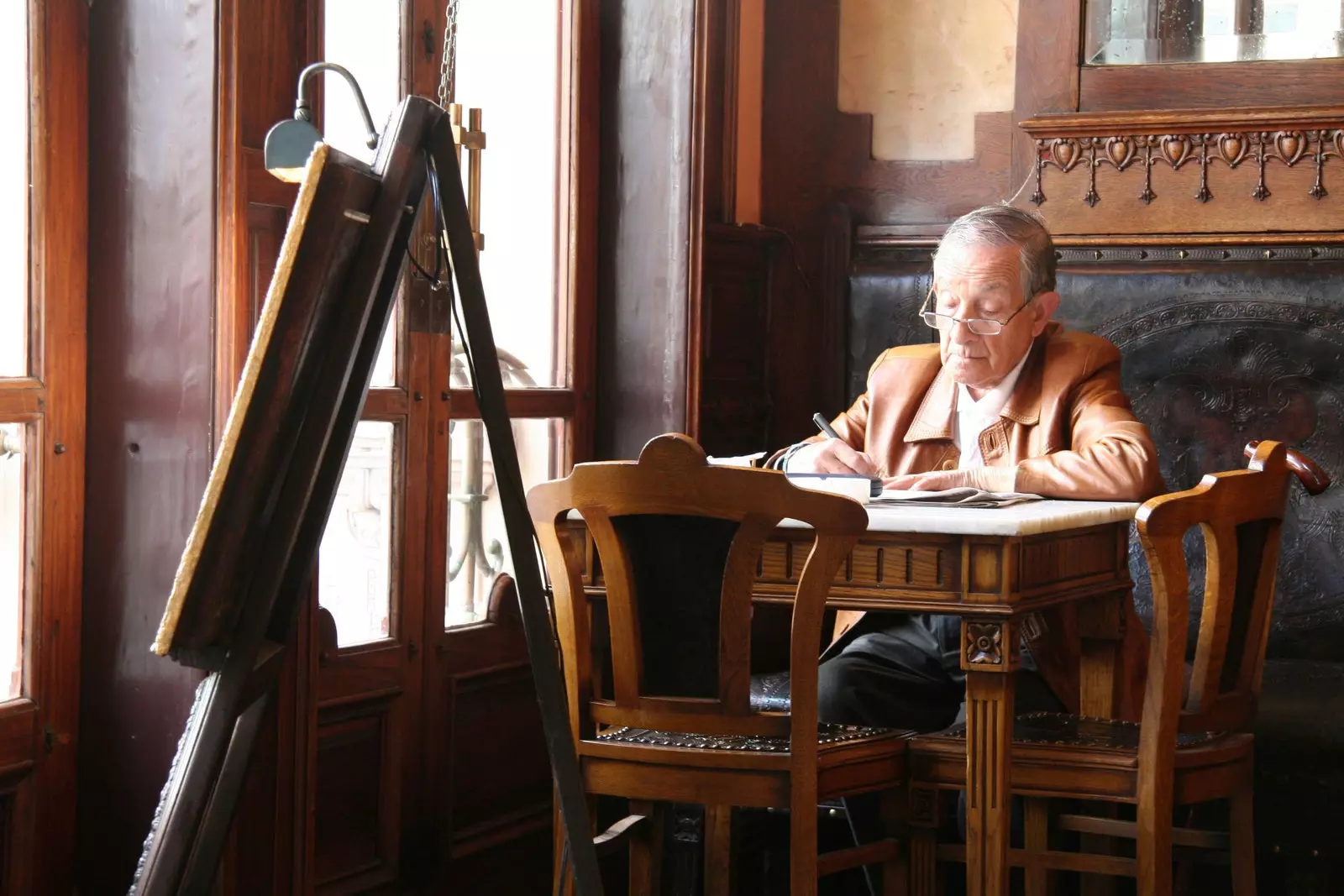
A Porto that will leave and never return
But in the next step came the gentrification of downtown neighborhoods , as happens on so many occasions; the disappearance of local commerce so that little by little the best corners were occupied by international fast food franchises . And many of those cafes and restaurants that were the essence of a cultured city open to the world they began to turn their backs on the local customer or disappear to become Swedish cheap clothing stores.
I knew the Majestic Café in the late 80's or early 90's , on a trip with my grandparents. The street of Santa Catarina It was fascinating with all that trade that seemed taken from another time, with those pastry shops. And there, in the middle, was that place that seemed transported from Vienna . I was a little down, but the service was timeless and those delicate cups felt like they were going to break at any moment in my hand. I hadn't seen anything like it.
I came back many times . Sometime around 1995 I found it renovated, shiny . And still full of local clientele. The service remained the same, the prices had risen a bit, although they were still perfectly affordable, and there was a painting exhibition.
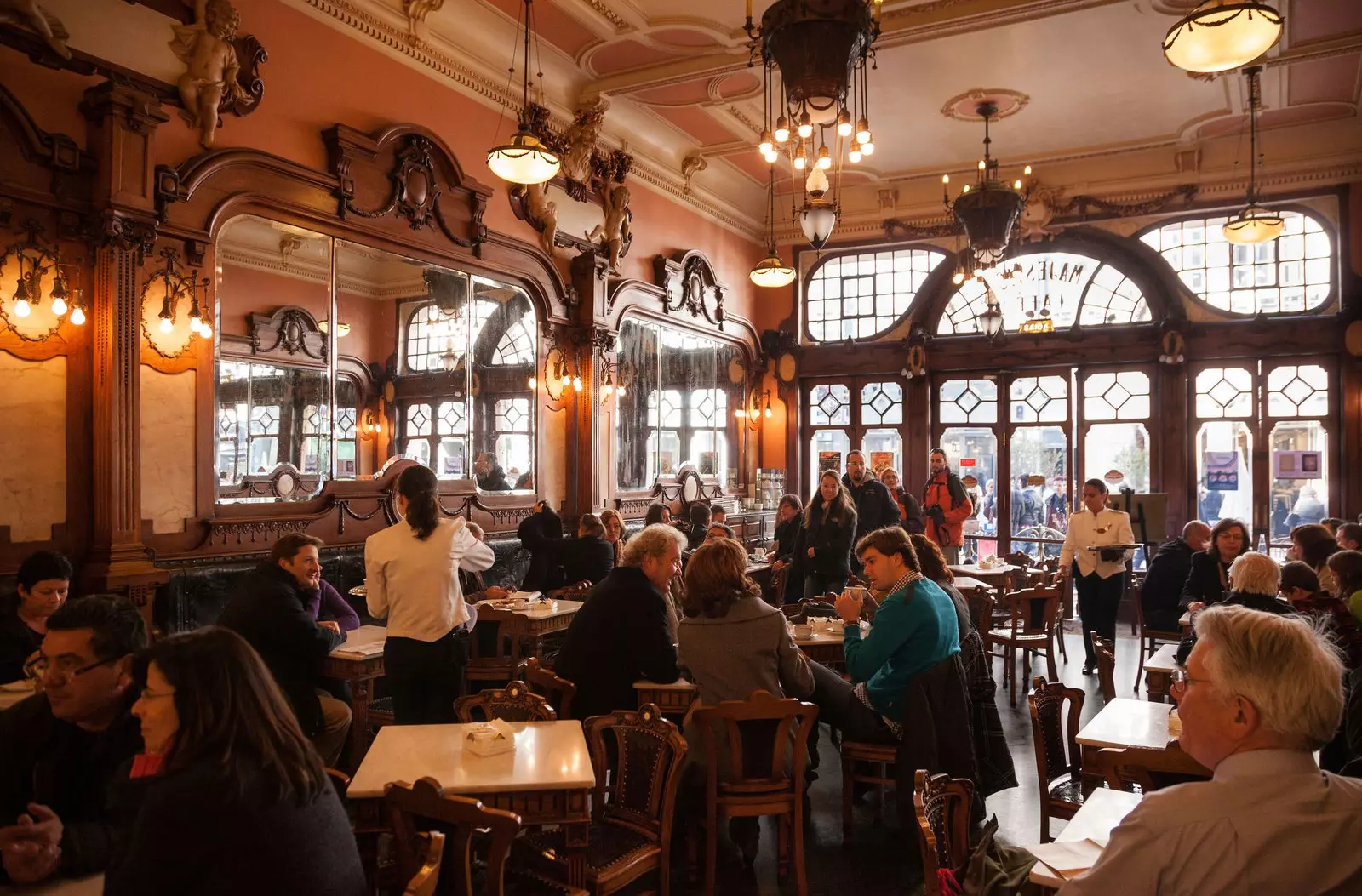
"That place that seemed transported from Vienna..."
The city was changing. the historic bookstore Lello and Irmao , through which he had passed so many times, began to fill up with tourists with cameras. A couple of years later there was a line out the door. A couple of years later they started charging admission and on my last visit the queue, despite the admission, stretched down the sidewalk. At some point taking the photo there began to be more important than buying books . I haven't been back for about 8 years.
Something similar happened with the Majestic . The last time I tried it there was a security guard at the door controlling the capacity and the atmosphere inside could have been, save for the stucco and mirrors, that of a Starbucks just outside Eurodisney. The coffee cost, if I remember correctly, about €4.5 . In a city -The context is important- in which even today it is possible to drink coffee for less than 60 cents without moving much more than 200 meters from Santa Catarina.
"It's their business and they can put the price they want, if you don't like it, don't go." I have heard it on more than one occasion. And I fear that is precisely what has happened. So simple, so hard.
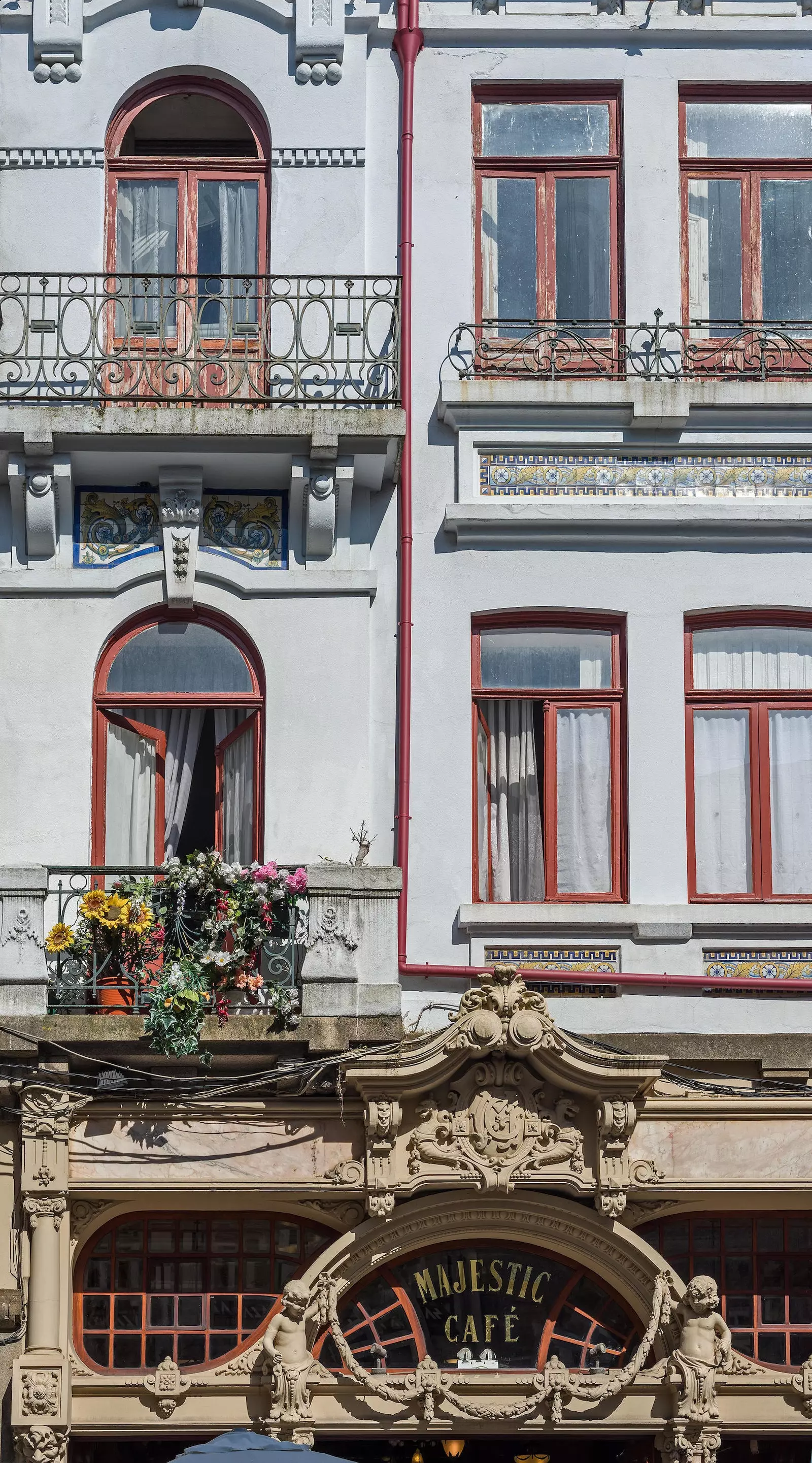
majestic cafe
The café that one day hosted gatherings with the writer Teixeira de Pascoaes, the philosopher Leonardo Coimbra or artists such as Ângelo de Sousa It was being occupied by that mass of tourists that seemed to have no end and progressively abandoned by the people of Porto in the same way that has happened to all of us in our cities with so many historic cafes converted to frozen paella, impersonal service and prices in climbing, whose names we do not want to remember.
It didn't matter too much. There were tourists, there would always be more . Until, in an unexpected plot twist (suck that, J.J. Abrams), Suddenly, there was no more. And the months went by. and they didn't come back.

Chocolate with a cream at Café Majestic
Maybe mine is nothing more than a tourist's vision, a tourist who, for whatever reason, thinks he's special, but a tourist after all. I have never lived in Porto and, although I have been there a lot, since the city is just over two hours from my house, has always been as a visitor . That's why I wrote to my friend Tiago Feio , a chef trained as an architect who, known for his work in Lisbon in restaurants as fascinating as the Leopold, A few months ago she returned to his hometown to take charge of the kitchen at the Tia Tia Wine Bar..
Tiago, so that we can situate ourselves, is a chef capable of making a restaurant of barely 25 square meters that did not have a kitchen succeed, capable of giving a presentation at a congress on how the shape of a dish can change the creative process of the recipe that will be served on it. I know it from a good ink, he had to translate it simultaneously. A person who knows well the hospitality sector of the city and the trends that tourism has triggered.
“I started going to cafes more when I was in college,” he says. “ I went more to post-war cafes, with sober and contemporary interiors , What the Ceuta or the Aviz . The Majestic, for me, was the opposite of all that, a classic cafe, a theatrical staging that unfolded around us from the moment you walked through the door . It was a monument that I visited on special occasions.”
"The city had already lost the Majestic due to tourism a few years ago," continues the chef. “ Coffee had lost its social, historical and even anthropological importance. It became a point of tourist attraction, a Disneylandization of that historical space”.
Regarding the closure, Feio concludes: “l Restoration in Portugal is suffering greatly due to the restrictive measures of the government , although it is showing enormous resilience. Nevertheless, the Majestic was a prisoner of its own history , of being a monument, that is why it could not change or adapt. He had to die on his feet. But I think it will come back. Even if we, the locals, do not frequent it due to the excess of tourism, the Majestic is missing in the city”.
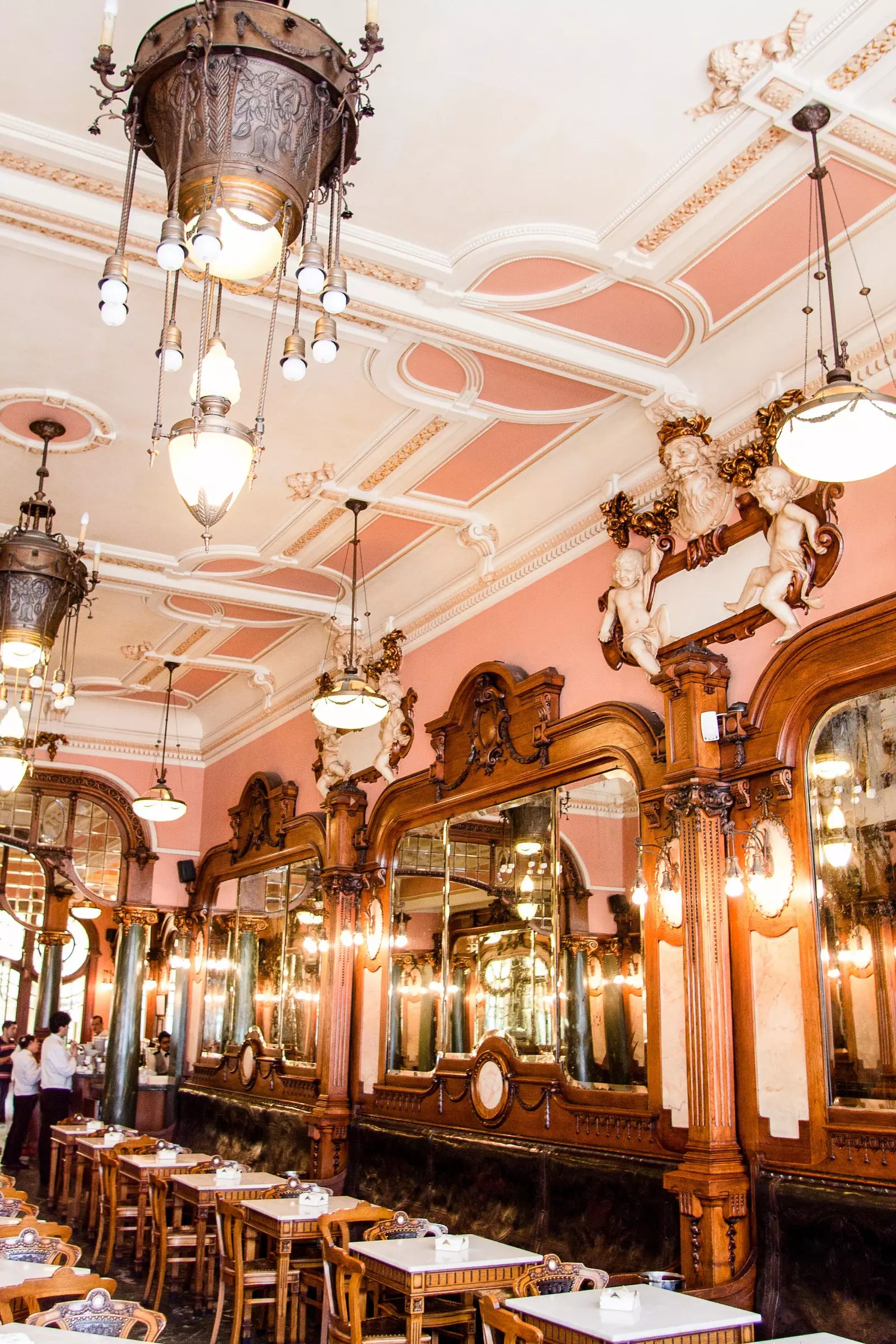
"He had to die on his feet. But I think he'll be back"
